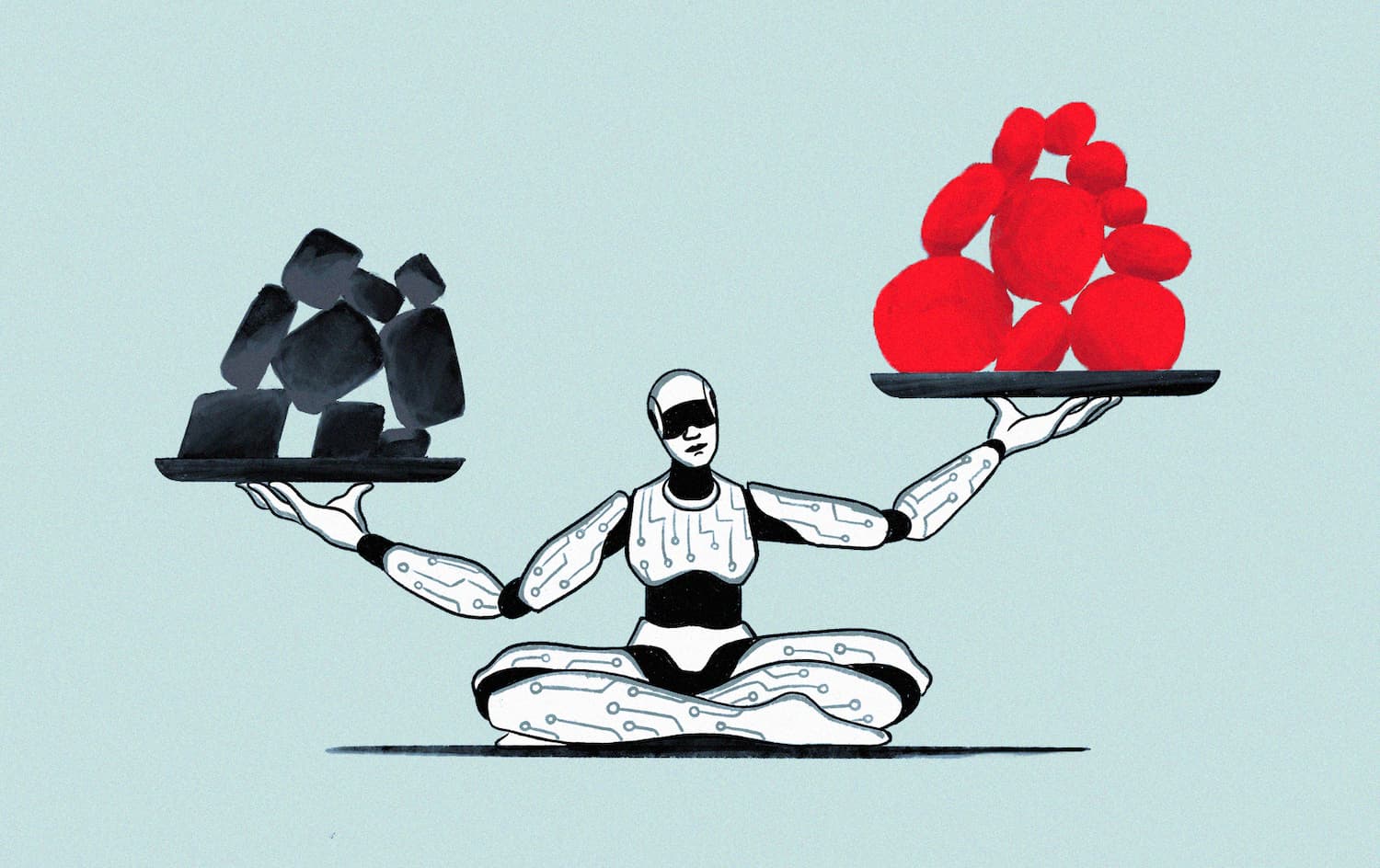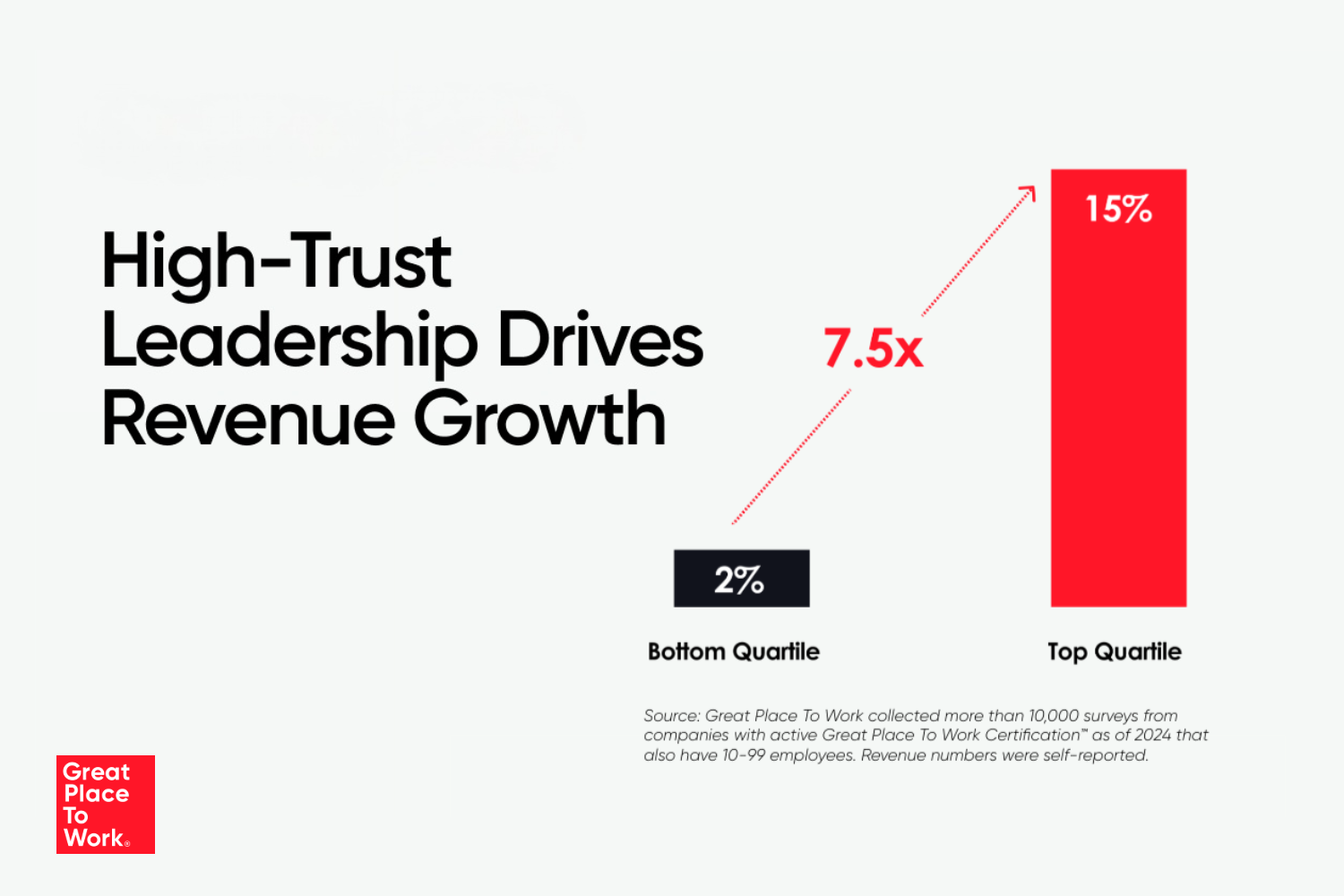One of the nice surprises that I experienced during the interviews I conducted for my book came when the leaders I was talking with used the term ‘honor’ as a way of describing how it felt to be a leader. What was surprising was the way they were using that term – not to describe an external experience of honor, or an award, they had received because of the position they held, but to describe how they felt personally, internally, about their work. It is a profound distinction in orientation that I believe is at the heart of what makes a trustworthy leader so effective in his/her role.
There are many ways that these leaders developed their own understanding of honor, with all of them coming through an experience involving interactions with others. Developing a sense of the honor of one’s work is not a solo act – as with all leadership development it requires interaction. And it starts early in one’s work career.
Many first-time work experiences are in positions that are classified as entry level, low wage, or low responsibility. The tasks linked to these jobs are often described as repetitive or menial and performance of these tasks is generally not honored or rewarded externally. Yet many entry-level positions carry significant responsibility for personal interaction and create the first impression that a customer or client will have of your organization.
Think of all of the call center people in entry-level positions answering questions about a product or service, the cashier at the supermarket helping you with your groceries, the server giving you your fast-food, or the parking lot attendant directing you to a spot for your car. These people engage in direct, specific and potentially helpful interactions with customers. The quality of the interaction will create an impression that the customer will associate with whatever product or service was consumed - and with your company.
Jack DePeters, Wegman’s SVP Operations: I joked when we won the number one spot [on the 100 Best Companies to Work for list] that we were a three billion dollar company being run by 15-16 year old cashiers. A lot of people didn’t like that. But wait a minute, at the end of the day, it’s true. And if you don’t get it, then you don’t know the job of that front end. Because that is where the customer is transacting their money. That’s where they are giving you the hard green. And you better be doing it right.
If leaders within your organization treat the person in this entry-level position poorly then the internalized message of that poor treatment will be conveyed to others. If the person is simply treated as if her position is insignificant then where would she find the motivation to make her work significant? If he is treated as if he personally doesn’t matter, he just needs to get the task done, then how can he convey to the customer that she’s important, that her needs matter?
It is very difficult to create in oneself the personal strength to counter the weight of a leader’s message about the value of your work when you have just entered the work world or are starting a new position. And so many people find themselves in entry-level positions in which they are told that their particular work, their personal contribution, is meaningless. Why is that?
Chris Van Gorder CEO Scripps Health: When I was a security guard, not at Scripps, somewhere else, I was about as low on the totem pole as you can be. One night I saw the hospital administrator, recognized him by his photograph, walking down in the basement. I went, wow – I am going to get a shot at meeting this guy. And I will never forget what happened - he walked right by me as if I didn’t even exist. There was nobody else there, and I remember how crushed I felt that the guy didn’t even acknowledge me. I thought about it and thought, you know what? That’s not right. Because if anything bad happens in this hospital right now, they are going to call me before they call him. Everyone has their role and their purpose in life, and sometimes, in fact most times, the people who are out there in the field doing our work are far more important than I will ever be.
Perhaps the person passing that message on was given the exact same message when she first started in the position years before. Perhaps she was threatened with dismissal if she didn’t get the task done – because ‘you’re replaceable, there’s nothing special about you, just do your job’. The economic cost to the organization of these kinds of encounters is tremendous, and the cost to people’s psyches is even greater.
Yet all of this can be countered by a few simple gestures, a few simple comments from a leader or manager within an organization who sees an opportunity to help someone consider their work from a different perspective.
If you want to try for yourself to do something about people’s experience of honor in your own organization start with a few simple questions: How often do you sincerely say thank you to the receptionist who greets people who come into the building to meet with you. When you walk by people in the hallway do you acknowledge them, say hello, ask how their day is going? Do you know the name of the person who delivers your mail and can you thank him personally for doing his job so well?
Paul Purcel, CEO Robert W. Baird: Everybody is not equal and they don’t get paid the same, but everybody gets treated well so that they absolutely believe that what they do is important because it is. The mail guy is important. He’s part of the game. You want the mail guy to be really good and you want the receptionist to be the best receptionist. You want everybody, no matter what their job is, to take pride in their job and believe that it makes a difference. You have to have a soul to do that. You have to believe that it’s really important. You have to believe it’s the right thing to do from a human point of view and you have to know that it’s the right thing to do from a corporate strategy point of view.
It’s not difficult to say thank you to someone yet first you need to notice people and what they’ve done. You need to acknowledge their importance. That’s how developing a sense of honor starts – with someone acknowledging an individual as a human being who is important and then acknowledging the particular contribution made by that unique person. This acknowledgement does often happen among colleagues - peers who support each other to get their work done knowing that the day will go better if they help each other.
As a leader you need to be doing this as well – you will not only help others to develop a sense that their work in honorable, you will also begin to understand how deeply honorable your own work as a leader can be when you see the impact of your actions and words on others. Go find someone to thank. Do it sincerely and specifically letting the person know what particular contribution you are acknowledging and how the quality of their work has made a difference. Keep doing it, all week long. And then take some time to reflect on how your week has gone, whether or not it has felt any different – perhaps your own work experience will seem a bit more honorable.
Amy Lyman has spent close to thirty years studying organizations and groups, seeking to understand what helps some groups to thrive while others stall and fall apart. Her current focus is on the key contributions of Trustworthy Leaders to the creation and support of successful groups and organizations. This is an outgrowth of years of study, consulting work and observation.
This Blog was originally published on Amy's site The Trustworthy Leader







